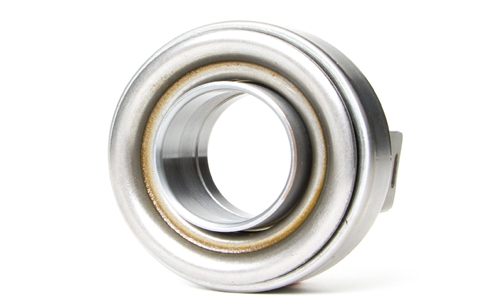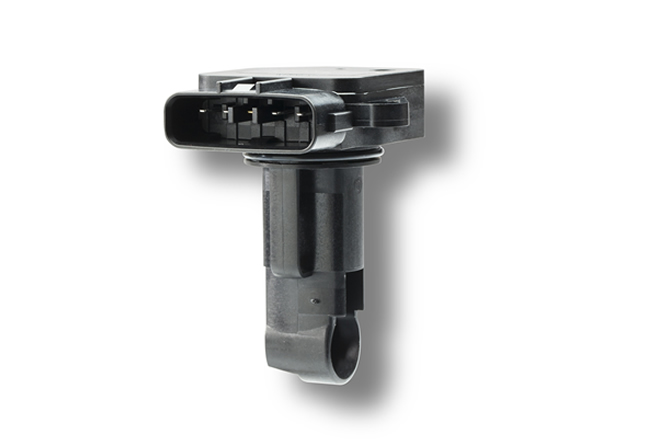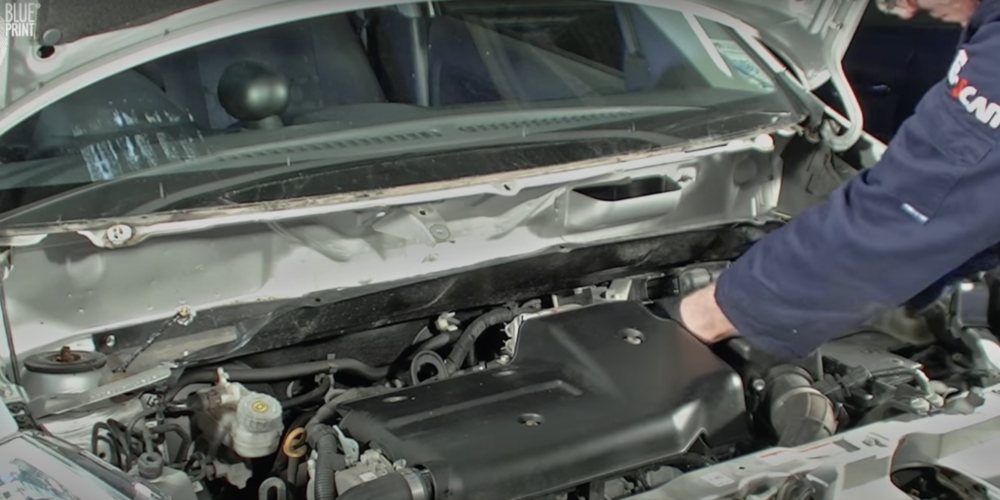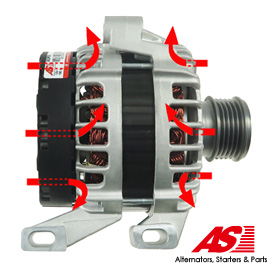Use of lubricants with release bearings
Many mechanics assume that lubricant must always be used when replacing release bearings. But that is not the case – and many complaints can be avoided if a fairly simple rule is followed.
There are generally three different types of release bearings:
- Release bearings with metal housings
- Release bearings with plastic housings
- Release bearings with PTFE housings (Polytetraflourethylen (teflon))
It is ONLY release bearings with metal housings that must be applied with lubricant.
Depending on the car model, different procedures must be used when performing maintenance and repair work – therefore ALWAYS see the car manufacturer’s instructions. In any case, the following items must be followed:
- Prior to installation, inspect the release bearing, the release fork and the guide sleeve for wear. Replace damaged parts
- Remove contaminants from the release bearing housing and from the guide sleeve
- If the release bearing housing is made of metal (Fig. 1), apply lubricant to it
- Use the lubricant recommended by the vehicle manufacturer. In the absence of manufacturer recommendations, Castrol Olista Longtime 1 or 2 can be used as lubricant
- Plastic housings (Fig. 2) or PTFE (Polytet- rafluoroethylene) coated housings (Fig. 3)should never be lubricated

Fig. 1: Release bearings with metal housings MUST be lubricated

Fig. 2: Release bearings with plastic housing MUST NOT be lubricated

Fig. 3: Release bearings with PTFE housing MUST NOT be lubricated
/https://triscan.dk/en/use-lubricants-release-bearings









